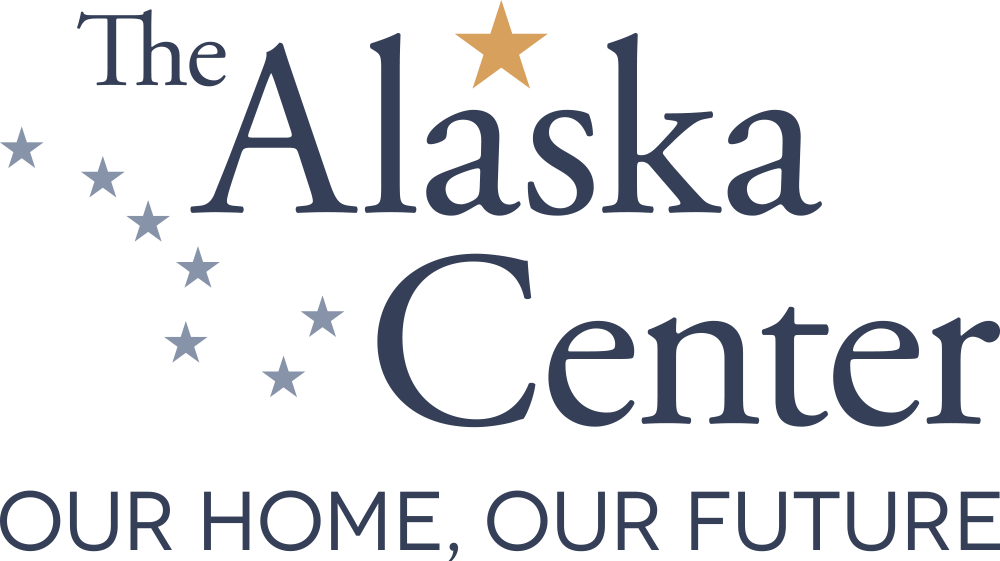Have you ever attended a public comment meeting that didn’t want the public to comment? I have. Six, actually. All in one week! The owners of the Eklutna Hydroelectric Project held information–erm, “public comment”–meetings last week in Palmer, Anchorage, and Eagle River. They were certainly “informational,” to say the least. Charts, numbers, and graphics, oh my. Cherry-picked information to intentionally …
Remembering Forward: The Just Transition Summit Recap
The Alaska Just Transition Community held the second statewide Summit, coming together on Dena’ina Land to reflect, heal, look ahead, and center the knowledge held here for generations.
Stand up. Get counted. Be heard.
The decennial U.S. census will shape decisions and structures in our country for the next ten years. Among its many impacts, the census determines electoral districts, funding for services, and civil rights enforcement, making it critical that the people in this country are accurately accounted for. We are already seeing tactics from this administration ― like defunding the census effort …
Opinion: Stand up for equality and support House Bill 82
Celebrating Pride is just as important today as it was in 1969. Fifty years ago, bricks thrown at Stonewall Inn in Manhattan sparked a riot that ignited a global liberation movement. We have trans women of color at Stonewall like Marsha P. Johnson and Sylvia Rivera to thank for responding to police violence with direct action, and making it possible …
